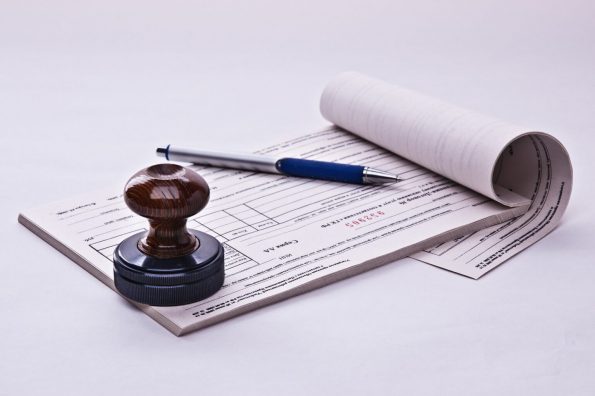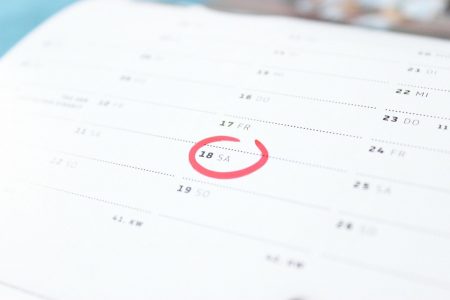There are lots of reasons that you might need to know your bank account number. Most commonly, employers will need your account number for direct deposit. Other situations that might require direct deposit, like tax returns, may also need your bank account number.
In some cases, you may even need it if someone wants to transfer funds to you. But for some reason, as often as we need it, we all have difficulty finding our bank account number. So let’s talk about a few different routes you can take to find it.
Where can I find my Bank Account Number?
As mentioned above, there are several different routes that you can take for finding your bank account number:
- Cheques
If you have any cheques laying around, this is the easiest way to find your account number. On the bottom of your cheque, you will find three different groupings of numbers. The first set of numbers will be your 9 digit routing number. The second set of numbers will be your account number.
The number of digits in your account number may vary depending on which bank you are with, but they are typically somewhere around 12 digits long.
You can see an example of where to find your account number on a cheque on the CIBC website.
- On your Bank Statement
If you have a bank statement readily available or easily accessible, you can also find your Account Number on there.
The location of your Account Number may vary depending on how your banking institution does up their statements, but it should (in all cases) be clearly labelled “Account Number.” In most cases, you will find this in the top right or left-hand side of your statement.
- Online
If you do online banking, you can find your Bank Account Number here as well. You can use your laptop or access your account number through your app. Just login and click to view your “Account Summary”.
Your account number should be listed somewhere on this page. If you have more than one account, such as a chequing and a savings account, double-check that you have selected the proper account to avoid mistakes.
- Phone
If you don’t have access to a cheque, a statement, or online banking, you can also call your bank. Make sure when calling that you have your bank card with you as they may ask for your bank card number or other information associated with your account.
This is simply to verify that you are, in fact, the owner of the account and is for your protection and safety. Once finished answering all safety questions, just explain to the associate that you would like your Account Number.
Is it safe to share my bank account number?
While it would be difficult to access any of your bank accounts with your bank account number alone, you should still never share this information unless it is with a trusted source.
It may be safe to share your bank account information with an employer or with an accountant for tax purposes, but you should be very careful when sharing your account information online.
All fraudsters need to break into your account is your account info and your routing number, so sharing any information online could put you at risk.
If you are sharing your information online:
- Be sure that the source is secured
- Make sure the URL starts with HTTPS://
- Be aware
Check out this website for more tips on staying safe when sharing banking.
Your bank account number can be used by scammers to take your money, so be safe when sharing!












